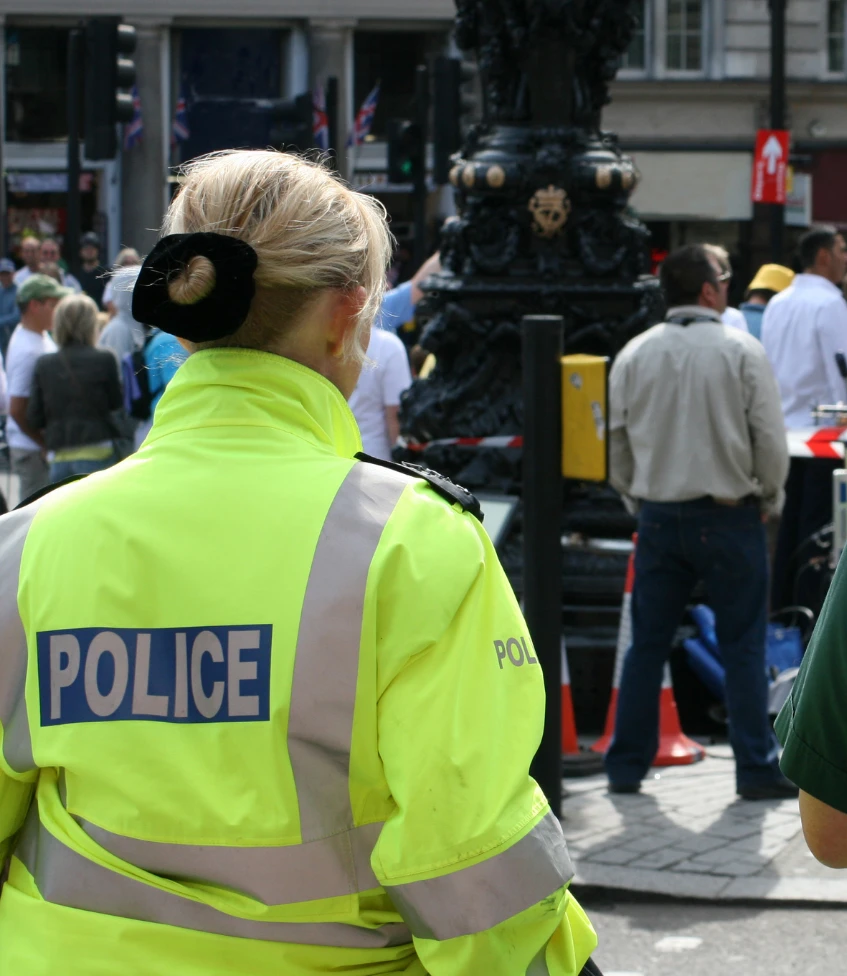Corrections
De-Escalation For Corrections

Who Will Benefit From This Training?
Having to deal with distressed inmates is perhaps one of the hardest parts of being a corrections officer. Inmates can be violent and unpredictable, and confrontations with them can escalate to dangerous levels very quickly. To ensure that encounters with inmates stay safe, officers must employ the skill of de-escalation learnt at Resolution Education to develop and retain control of all situations. Whether or not a confrontation is resolved peacefully depends upon the plan of action the corrections officer decides to take and the techniques they choose to diffuse the situation.
Why Is De-Escalation Training Required For Corrections?
De-escalation training focuses on using various communication skills to diffuse situations to the extent that verbal discussion becomes a viable option. This is done by entering the situation with the idea to use as little force as possible, and the aim to resolve the situation with the other party’s interest in mind as well.
Positive Effects Of Training On Officers
Resolution Education offers a variety of training programs that will be beneficial to correction’s officers such as physical and non-physical Occupational Violence and Aggression (OVA), Conflict Resolution Training, and De-escalation Training. These training programs will enable the officer’s to:
- Identify the warning signs of impending conflict.
- Timely intervene and diffuse the situation before it has a chance to escalate into actual conflict.
- Reduce the chances of violent outbursts and fights between inmates and create a safer environment for everyone involved.
- Minimise physical altercations with inmates and reduce the risk and liability associated with them.
- Apply useful verbal and non-verbal de-escalation techniques effectively.
- Understand the basics of psychology and effective communication techniques to ensure that they do not aggravate already unstable situations further.
- Stay confident when dealing with violent individuals in stressful and possibly dangerous situations.
Confrontations with non-compliant inmates should not turn into a power struggle but instead be seen as challenging situations that will only be successful if effective de-escalation of the conflict is achieved. Through training in emotional intelligence, we teach officers to learn self-control and retrain their brain to act with patience and empathy, rather than react impulsively.
Positive Effects Of Training On Inmates
When applied correctly, these techniques can help the distressed inmate regain control of their impulses and rational thought and help guide the confrontation to a productive outcome. As long as an inmate is not an immediate threat to anyone, letting them vent might allow them to cool off and reduce the intensity of the situation.
By applying the skills learnt in the training programs at Resolution Education, officers will create a more trusting environment for the inmates resulting in more order and a lesser number of outbursts.
How Resolution Education Can Help Your Facility
Resolution Education’s de-escalation training for corrections offers a hands-on approach with realistic role-playing exercises that will help the officers learn how to apply their newfound knowledge to real-life situations. The theoretical part of our training programs will assist officers in understanding the importance of psychological tactics in diffusing situations.
Call Resolution Education today at 1300 884 589 for more information about our fully customisable de-escalation and conflict resolution training programs.

Customise Your Training Now
To enrol or find out more information please call 1300 884 589 or click the button below.
Our Training & Services
Contact Us
Brisbane Head Office
Other Locations
Melbourne
Melbourne, VIC 3000
Parramatta Sydney
Parramatta Square, NSW 2150
South Adelaide
Hindmarsh Square, SA 5000
Perth
Perth, WA 6000